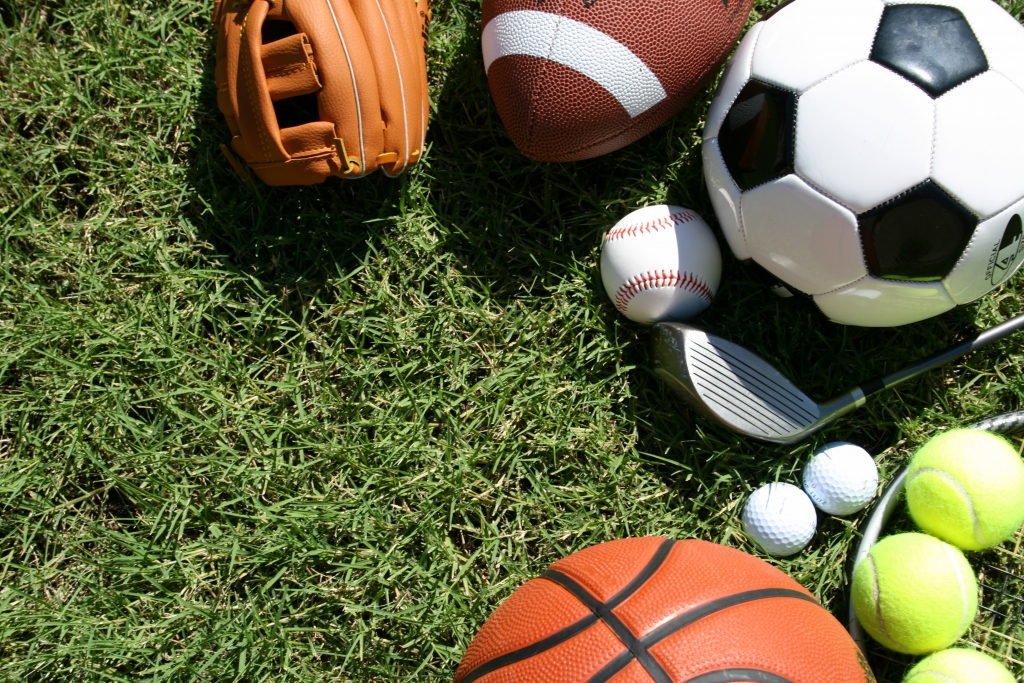
October 19, 2020
By Curry Sexton and Greg Whiston
As expected, the NCAA introduced legislation last week that marks another step in the move toward permitting student-athletes to receive compensation for their name, image, and likeness (“NIL”). The legislation will be presented for a final vote at the NCAA Convention in January 2021. In the meantime, NCAA members will have the ability to submit feedback regarding the legislation, and the legislation may be modified prior to presentation for final approval. It is expected that any finalized NIL legislation will go into effect around August 1, 2021.
If the proposed NIL legislation is adopted, for the first time, student-athletes will be permitted to:
- Promote and provide private lessons;
- Promote business activities;
- Operate private camps and clinics;
- Endorse products through commercials or other ventures and profit from such endorsements;
- Earn compensation for autograph sessions; and
- Solicit funds through crowdfunding (i.e., GoFundMe) for charitable purposes, catastrophic events, family hardships, and educational experiences (i.e., internships).
The foregoing list is not exclusive as it pertains to items in which student-athletes may receive compensation. However, student-athletes engaging in any such activities and receiving compensation for their NIL rights are prohibited from using school marks/logos or stating where they attend school. Student-athletes will be permitted to engage representation (i.e., agents) for advice, assistance, and marketing related to NIL ventures. If student-athletes exercise such rights, they must disclose the relationships to their school and to-be-named third-party administrator.
As the NCAA’s legislative proposal moves toward and past finalization, all eyes will be on U.S. Congress. To date, multiple bills have been introduced to Congress that relate to NIL rights. As individual states (California, Colorado, Florida, New Jersey, and Nebraska thus far) continue to enact their own NIL legislation, there will continue to be a strong push for U.S. Congress to pass uniform NIL legislation that will preempt individual state’s laws.
Stay tuned for updates as the issue of NIL rights continues to develop.
The authors of this article, Curry Sexton and Greg Whiston, are members of Seigfreid Bingham’s Sports and Entertainment Group and routinely represent clients in collegiate athletics. If you or your organization have questions about the impact of the NCAA’s most recent announcement, please contact either author at 816-421-4460.
This article is general in nature and does not constitute legal advice.
